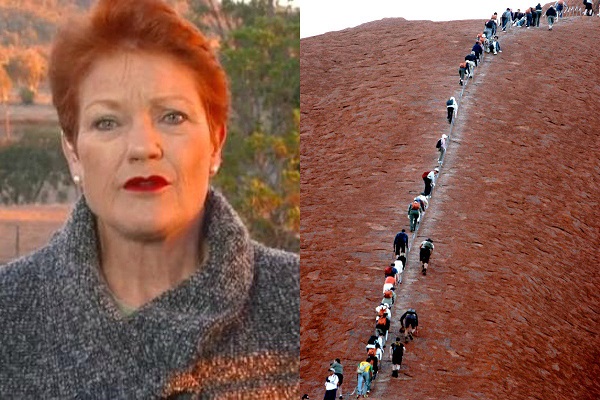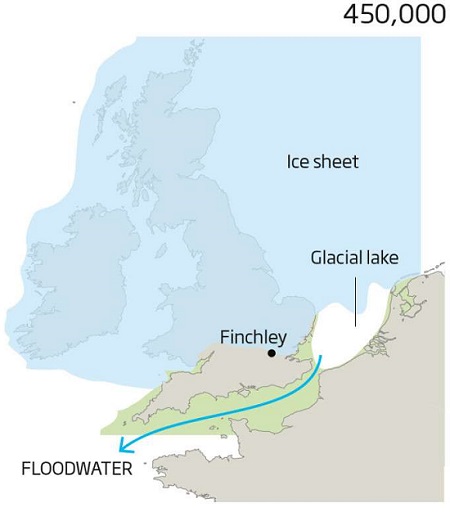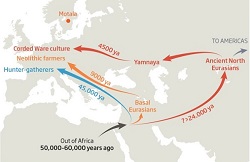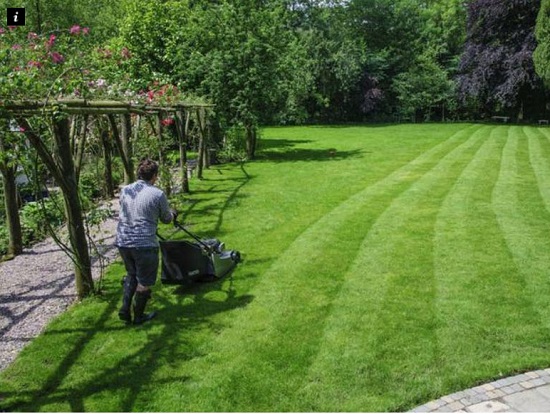
1. Antarctic ice melt studies
A recent study by Abram et al showed that the ice on the Antarctic peninsula was melting about 10 times faster than it was 600 years ago, concluding that further melting was particularly sensitive to temperature increases. The headline and the text of this story perhaps gave the impression that the whole continent was ready to go.
A more sober assessment was found at The Carbon Brief where the study was linked with another study by Steig et al that finds recent changes in the West Antarctica ice sheet “cannot be distinguished from decadal variability that originates in the tropics.”
Nevertheless Antarctica overall is losing mass (see also here). Antarctica contributed strongly to sea level rise during the Eemian and the Andrill study showed that “the West Antarctic ice sheet has collapsed and regrown over 60 times in the past few million years”. Any complacency would be misplaced.
2. New review of ice sheet studies
The Carbon Brief has also posted on a new major review of the latest research on ice sheets. The last IPCC report (AR4) relied on about 10 years worth of reliable sea level data, from 1993 and 2003. Greenland and Antarctica together were found to be raising sea levels by about 0.42 mm per year. That has now doubled to about 0.82mm per year.
So while we are still dealing with short time periods, a clear acceleration is in evidence.
3. Skeptical bloopers
The Carbon Brief reckons that once about every six months David Rose runs an article saying global warming has stopped. Here’s their post of October 2012. Then they lined up six top rebuttals of the week, and a reader contributed a seventh by Tamino.
It’s a tired canard and I didn’t bother reading them all. It did introduce me to the Met Office News Blog which has, for example, a very clear post on tornadoes.
Elsewhere in case you missed it Andrew Glikson debunks the notion that CFCs are responsible for global warming.
4. Garnaut recommends 17% target
Dr Jenny Riesz of the University of NSW reports on Garnaut’s recommendation to the Climate Change Authority which is currently deliberating on the Caps and Targets Review. He favours a 17% target by 2020 to put us in line with the US, Canada and other major economies.
At the Cancun United Nations negotiations in 2010, President Obama committed the USA to an emissions reduction target of -17% by 2020 (below 2005 levels). This has been somewhat ignored in Australia’s carbon targets debate, because policy to implement a national carbon pricing scheme to achieve this target was filibustered by the US Senate.
However, the USA remains committed to this target, both in spirit, and in writing with the UNFCCC.
Canada has promised to match the USA.
He suggests that the EU has found it much easier to meet their targets than originally anticipated, which is a typical experience. This, he says, is in part why their carbon price has collapsed.
Garnaut points out that:
the biggest change of all is coming from China, in terms of quantity of emissions reduction from business as usual. They have set truly ambitious targets, and are meeting them through a wide range of activities, including substantial structural change in the Chinese economy. These actions are driven by a wide range of objectives, including environmental drivers, desire for expansion of the role of services in the economy, and desire for more equitable income distribution.
5. Carbon trading schemes
In the last CC thread Jumpy linked to a Parliamentary Library paper Countries trading greenhouse gas emissions.
Over the last three years, the global carbon market has more than doubled in volume but almost halved in value. In that time a further eight countries, states or cities have adopted a carbon market as their primary means for reducing greenhouse gas emissions. Yet the price for one tonne of carbon dioxide equivalent has dropped by as much as 100 per cent in some markets.
That last sentence looks like an oops! A 100% drop gives you nothing!
The paper is the most recent of 25 on climate change in the past few years. In fact their blog Flagpost looks a valuable resource.
6. Floods in Central Europe
Dramatic floods have spread over central Europe.
The New Scientist reports caution about a link with climate change:
While it is premature to pin the heavy rainfall on climate change, it could be partly to blame, says Stéphane Isoard of the European Environment Agency in Copenhagen, Denmark. But he says bad land management is just as important.
Nevertheless wetter weather is predicted by climate change, making more floods inevitable.
Deutsche Welle goes into more detail, saying that while individual events can’t necessarily be linked to climate change, they’ve had once in a century floods now in the 1990s, in 2002 and now in 2013. We’ll have to expect more and prepare accordingly.
They make reference to Stefan Rahmstorf’s blog (which is auf Deutsch), but this paper is in English. On a quick look I think he’s saying they have found a mechanism linking floods, droughts and heat waves to climate change and if they are right expect more. And, yes they need money for research of the kind expended on the Higgs boson.
7. Interest grows in the Arctic
Now that the Arctic is increasingly becoming trafficable during the summer many countries are becoming interested. The politics of who sits where at the Arctic Council is complex, but China, Japan, South Korea, Singapore, India and Italy have now been admitted as permanent observers.
According to the New Scientist China is the one to watch. They’re interested in the Arctic as a shipping route, but also in fish and oil.
“It’s fair to say China will drive development of Arctic resources,” says Malte Humpert of the Arctic Institute in Washington DC.
The Arctic is fragile so we hope they take care.
8. US and China agree to cooperate on phasing out HFCs
From the White House brief:
For the first time, the United States and China will work together and with other countries to use the expertise and institutions of the Montreal Protocol to phase down the consumption and production of hydrofluorocarbons (HFCs), among other forms of multilateral cooperation. A global phase down of HFCs could potentially reduce some 90 gigatons of CO2 equivalent by 2050, equal to roughly two years worth of current global greenhouse gas emissions.
William S. Becker explains that China had always wanted to consider the issue in the context of the current round of climate talks, which would delay action, whereas the Montreal Protocol already exists. HFCs were introduced as an alternative to chlorofluorocarbons (CFCs) which were destroying the ozone layer. Unfortunately HFCs have a greenhouse effect like CO2.
Climate Progress has more detail and the AFP places this topic in context of the whole meeting agenda.
To provide further context HFCs amount to about 2% of GHG emissions, as shown on this wondrous flowchart.











 These posts are intended to share information and ideas about climate change and hence act as a roundtable. Again I do not want to spend time in comments rehashing whether human activity causes climate change.
These posts are intended to share information and ideas about climate change and hence act as a roundtable. Again I do not want to spend time in comments rehashing whether human activity causes climate change.


